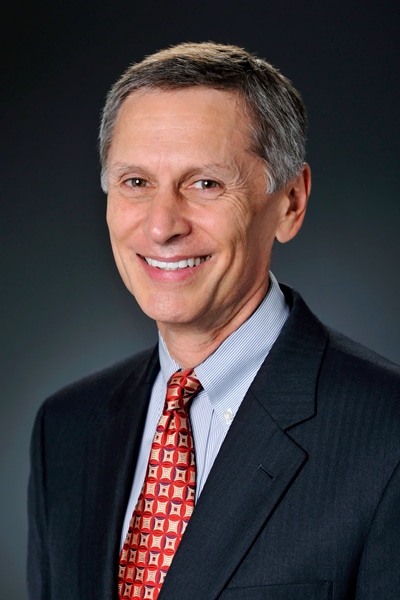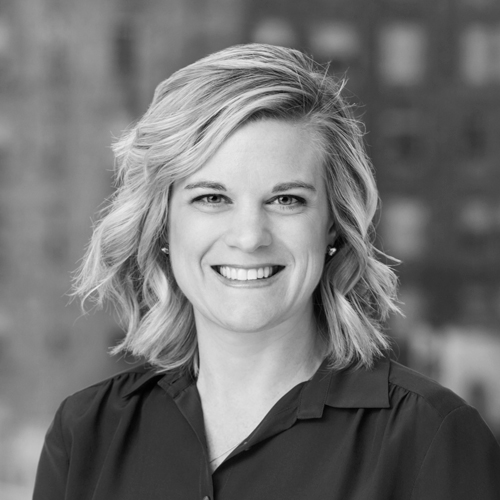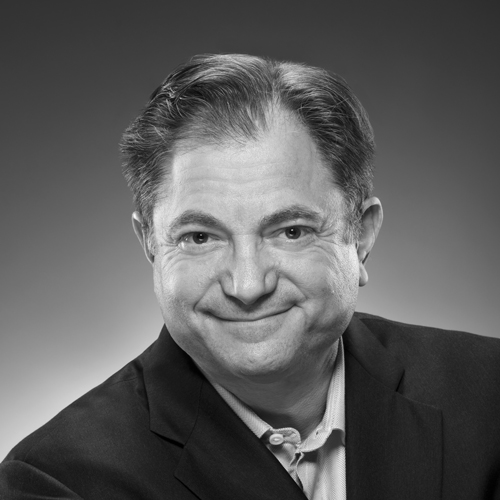
Understanding is a word Steve Liccione returns to often when discussing his role as director of compliance for Continental Tire.
Given that so much of his job involves making sure employees throughout the world are doing their job the right—and legal—way, it’s not surprising that the word gets hammered home time and again. And, given that German-based Continental Tire is not just a tire company but a maker of auto parts and software as well, Liccione’s own understanding must span the many facets of the car industry, with both distinct and subtle regulatory changes from country to country and demands from many different stakeholders.
Liccione is able to handle the work in part because of his wide-ranging background. “Steve brings tremendous experience to his role at Continental,” says Bruce McCulloch, a partner with Freshfields Bruckhaus Deringer US LLP. “Not only has he been in-house at several large multinational companies; he has been in private practice. And, more importantly, he has been on the prosecution side of the table as an assistant United States attorney.”
However, Liccione is always looking to understand or help others understand more, and he says the best thing he can get is a question. Here, he answers a few for Modern Counsel.
Let’s first discuss the regulatory challenges of the industry and what you face working in multiple countries. Is there a template you work from, or does what you do change based on where you’re working in the world?
We try to distill things down to basic principles. Ours is not a heavily regulated industry; we’re in tires, industrial rubber products, and a tremendous amount of auto parts that have to do with reduced emissions, increased efficiency, and automated driving. We expect more regulation, but for the most part, the businesses we’re in have not been regulated in the same way that, say, the financial industry or pharmaceutical industry has. We focus on making sure people understand that the inherent uncertainty that comes with competition is something we embrace. We try to share stories about how businesspeople faced certain situations and understand what their concerns are or what questions they have so that they’re comfortable coming to us. Culturally, from a training and orientation perspective, our European colleagues are a little more rule based. For me, learning the rules of evidence didn’t come from reading a book; it came from an anecdotal approach.
What would you say has been the greatest challenge you’ve faced in navigating regulations on an international level?
I think trying to harmonize the more regulated European approach versus the rule-of-reason approach in the United States. In Asia, it seems like the laws change a lot more dramatically in terms of hospitality. It can be difficult trying to navigate those different rules while also trying to factor in the cultural aspect. When you get to a friction point where culture meets rules, culture is going to win every time. We have to make sure that, as a company, we design rules that keep us in line with the laws of the United States and every other country but also that don’t conflict too dramatically with a nation’s culture. People are going to do what they’ve done their whole lives. We’ve experienced situations where people will do things a certain way and we’ll ask, “Didn’t you get the training?” Then they’ll say, “Oh, yeah, but that’s not the way things are done here.”
How do you rectify that separation between rules and “the way things are done around here”?
It’s important to avoid issuing rules as edicts from on high. Instead, we need to engage the businesspeople when we’re developing or refining rules. It’s important that the business understands what we’re saying. I found that when I was global head of compliance at Johnson Controls, we engaged colleagues in Asia, Europe, Africa, and South America to get their impressions of proposed rules, but then we realized that while a rule made perfect sense in Hong Kong, it had different permutations in South Africa. If there are rules that are impossible to follow, people will shrug and say, “Sure, but I don’t know what to do.” Businesses operate on procedures and try to develop processes so that they know how to implement the rules, which is the value of compliance. Rules are great—lawyers love them—but businesspeople want processes.
Do you find that explaining these rules has to be done department by department?
We try to figure out what the audience needs to hear and where their interest lies. As much as possible, you need to put yourself in their position. If we’re talking to purchasing people in Mexico, we’re going to talk about their issues rather than, say, sales issues. Even though the rules are the same whether it’s on the sales or purchasing end, the emphasis is going to be different. You tell salespeople you can use hospitality to enhance relationships but not buy relationships. What you intend in your heart of hearts isn’t as important as how it’s going to look to a third party. The same is true with antitrust. One of the things we try to push as much as anything is transparency and the fact that the business owns compliance. I emphasize that the best natural disinfectant is sunlight. If you’ve got a question, be open, ask a colleague: “I was thinking of doing X,” or “I was offered Y; what do you think?” It inherently dispels the notion that you’re up to something or trying to hide something.
What would you say has been your greatest achievement in your role?
I think compliance can be perceived as the police or maybe the iron fist. We try to put a velvet glove over the iron fist. Rare is the instance where you really have to be the iron fist and tell people they have to stop or this can’t go on. By and large, people want to do the right thing and try to do the right thing. We just want to make sure they’re comfortable asking questions. So, my greatest achievement is when someone calls saying, “Hey, what do you think?” I want people to feel trust and that we’re there to help them.
Photo by Brian Gomsak
Expertise Spotlight
Freshfields Bruckhaus Deringer, a partner of Continental Tire, offers a unique value proposition in the US market: a team of first-chair US lawyers within the world’s best global law firm. With thirty-nine partners and nearly two hundred lawyers working from offices in New York and Washington, DC, and a total of more than 350 US-qualified practitioners around the world, the firm’s US offering brings together decades of experience across all the areas required for success in today’s complex and challenging business environment. From M&A and finance to antitrust, tax, and litigation, Freshfields handles the most complex deals as a single, unified team. It’s the firm’s mission to give clients the confidence they need to make the right decision when it comes to their most consequential business issues, particularly when matters require sophisticated advice that crosses jurisdictions.


